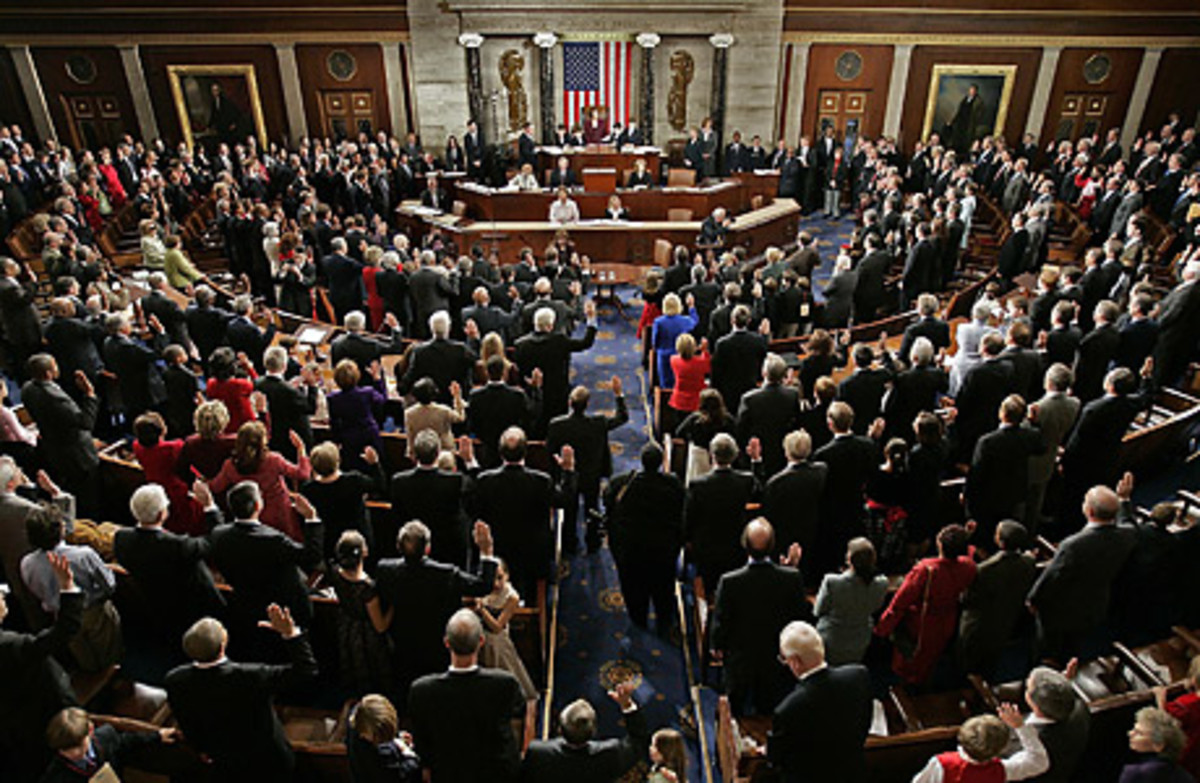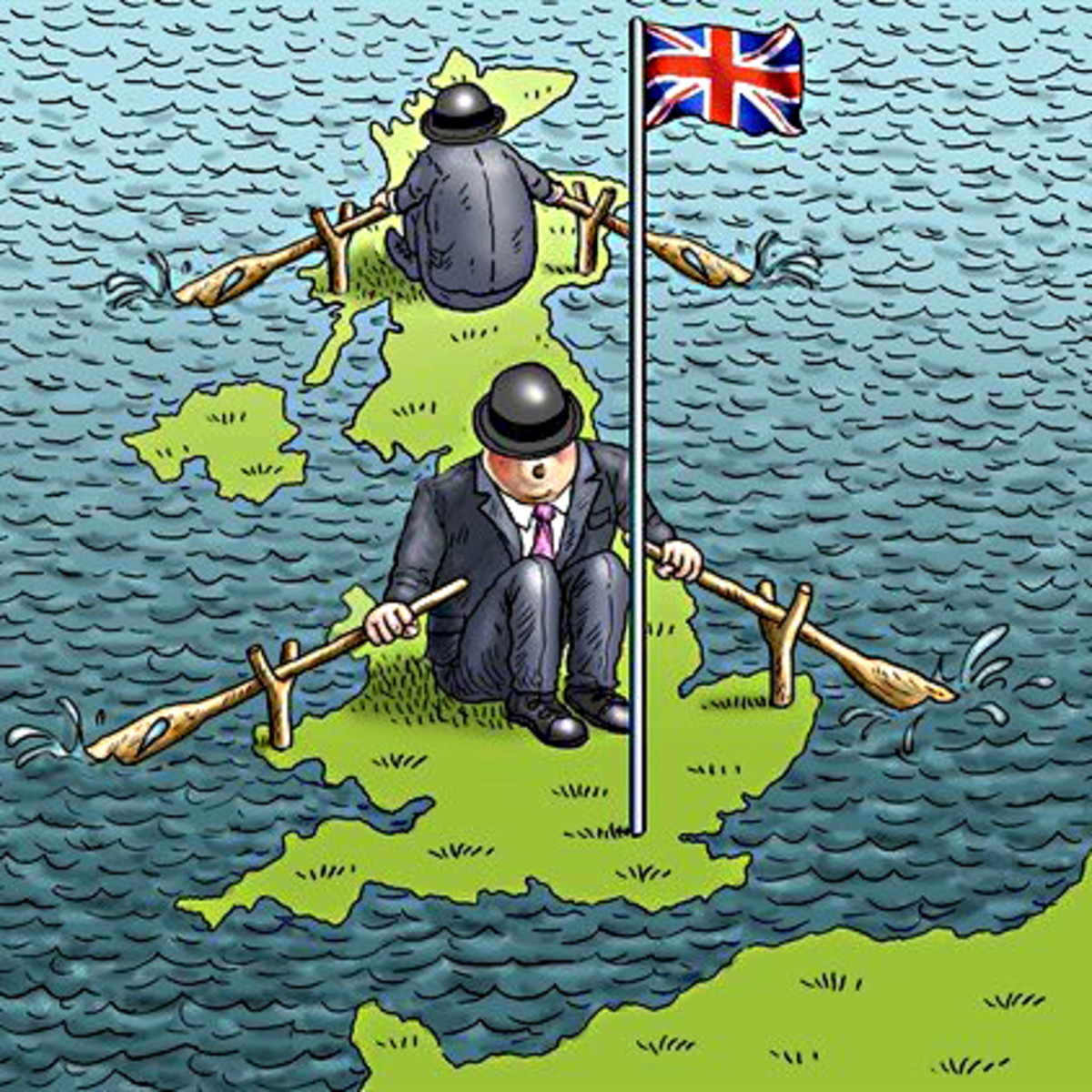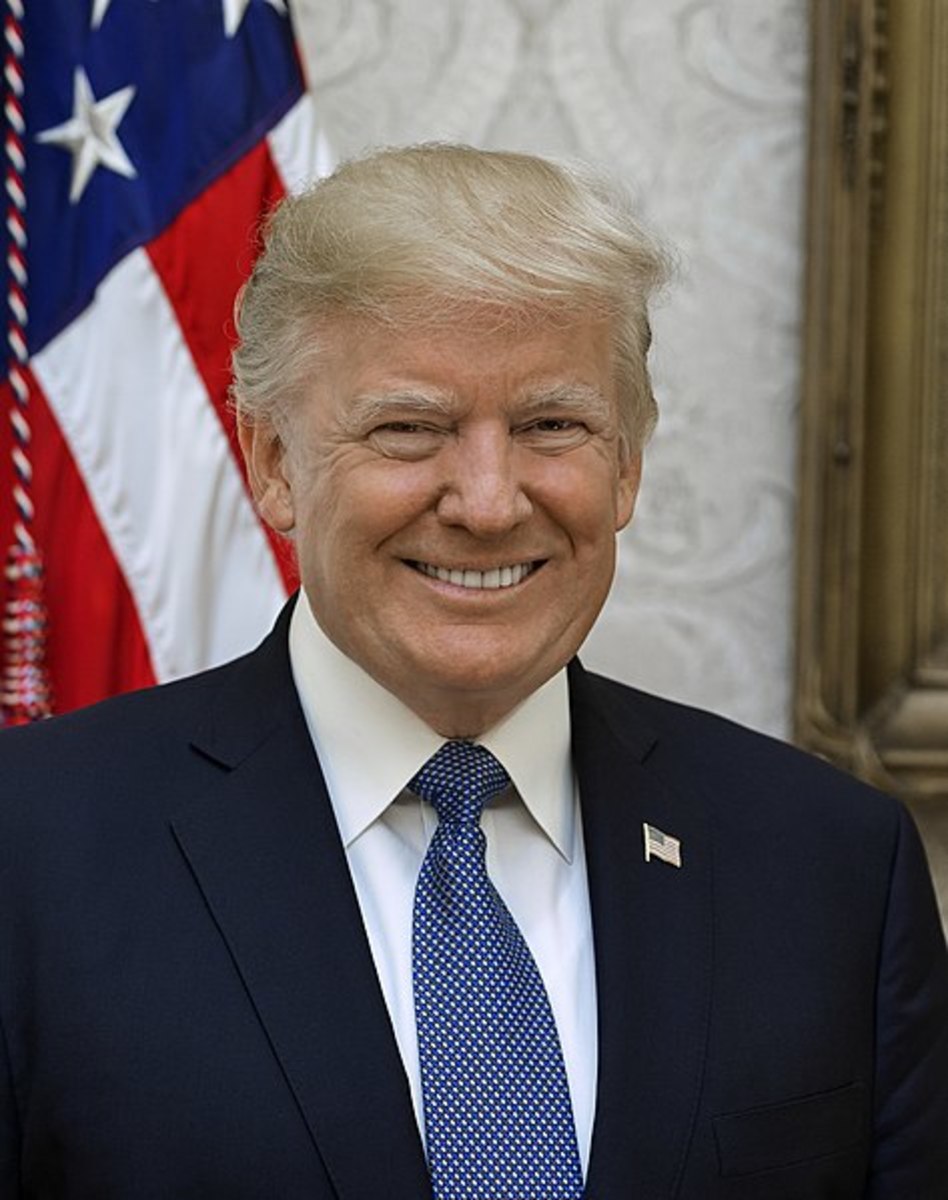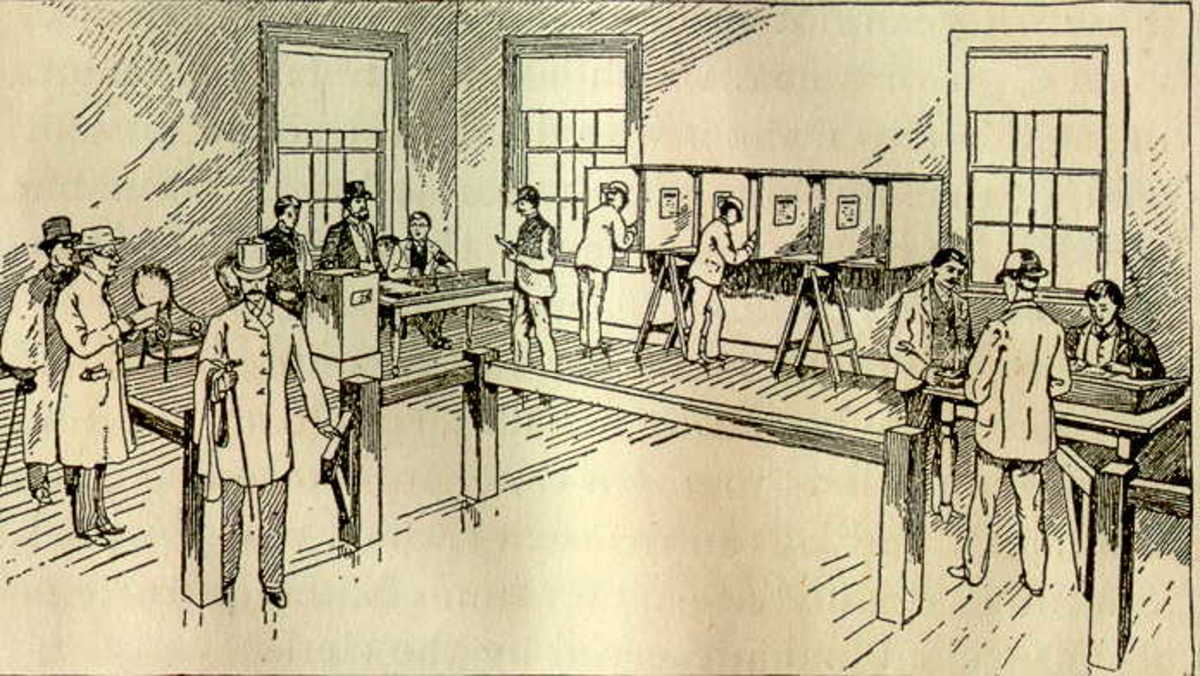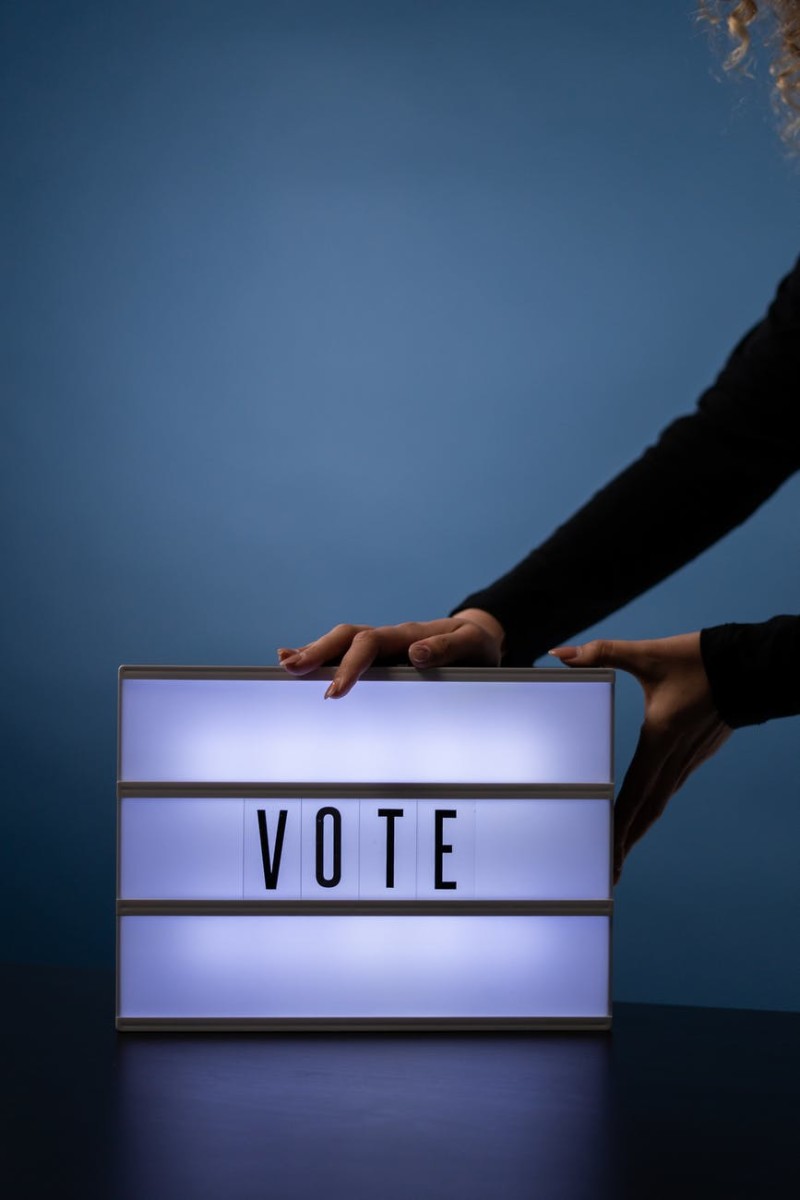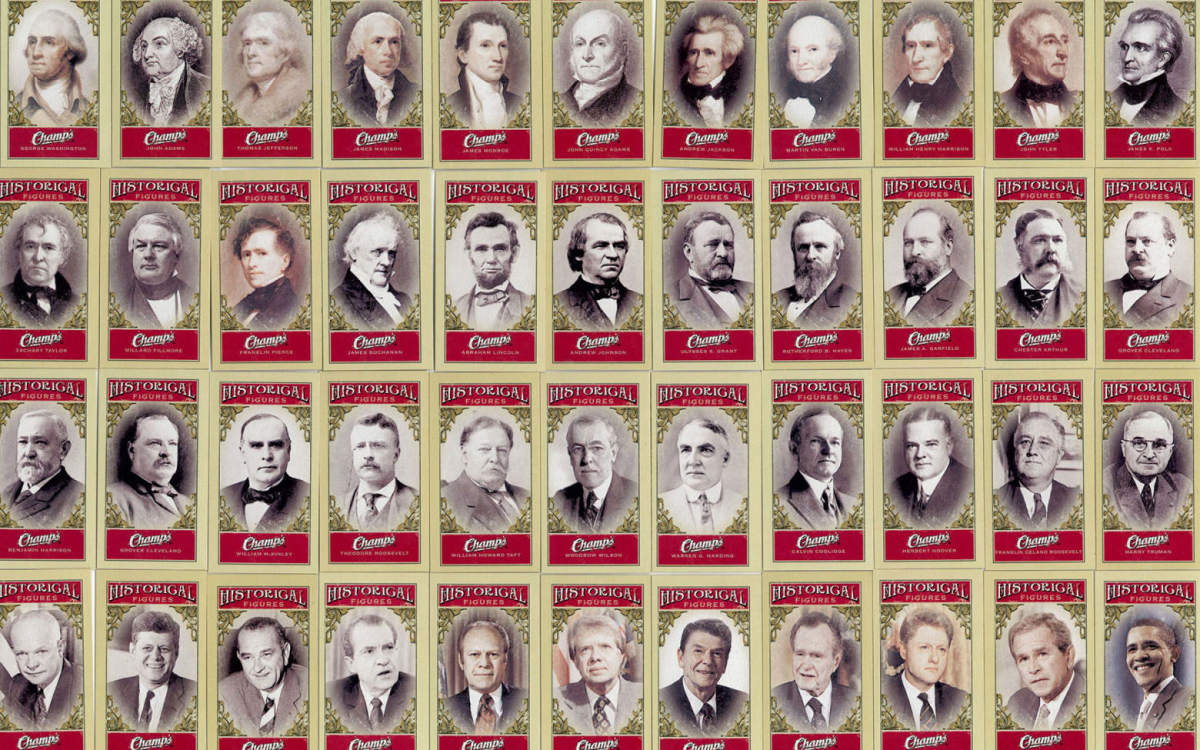Why Participate in Elections?
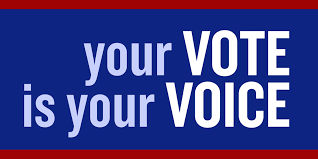
Introduction
It was estimated that during the 2016 election cycle, only 50% of the citizens qualified to vote actually voted. That is shocking. By demographics, it is even worse for millennial who were less than the majority voted. The highest participation rate were the older citizens 50 and older. This trend is not good for our nation. I hope this article will explain why it is in our best interest to vote. Voting is a privilege not a right.
- May 2018
History
Our country was founded by a group of enlightened men after a hard fought revolution. It started with a Declaration of Independence in 1776 and ended with the adoption of a Constitution in 1789. The signers of the document are referred to as our founding Fathers. They had the vision and the divine providence to form this United States of America. This document is simple and concise and only 8000 plus words.
It has successfully guided our nation for over 200 years. We have become the most prosperous nation in all of human history and the leader of the free world.
The Constitution
The Constitution of the United States was adopted in 1789. Since then, there have been 27 amendments added. The first 10 is know as the bill of rights.
There are three branches of Government. Congress, the Executive and the Judicial branches. Each is a check and balance of the other two so that no one branch can be over powering.
The Oath
“Before he enter on the Execution of his Office, he shall take the following Oath or Affirmation: - - "I do solemnly swear (or affirm) that I will faithfully execute the Office of President of the United States, and will to the best of my Ability, preserve, protect and defend the Constitution of the United States."
Every elected official takes a similar oath and many do so with their right hand on a Bible. It is that important that the person making the oath swear unto God that he or she will be faithful to his duty.
The key is, before anyone can make this oath, he or she has to read it and understand what is in it.
Election Laws
Election laws are setup within our Constitution.
There are two houses of Representatives in Congress, the Senate and the House. Each house has specific duties and laws. The Senate is elected for a term of 6 years and two per State. The House of Representatives has a term of 2 years and it is based on the population distribution among the various States. The census will determine the size of the district and how many representatives there are per State.
The Executive branch is elected every 4 years with a maximum term limit of two terms. It is elected by an electoral college system where by each state, based on their population, will have a number of representatives on the electoral college. There are 538 members in total and a majority of 270 is needed to win.
The Census
The census is conducted every ten years. It is part of the Constitution. We conduct census to count how many people are here and living in what location. This information is needed to draw up congressional districts and determine how many representatives from each State. It is crucial for a representative government to have an accurate count. It is also how our federal funds are allocated based on needs and population distribution.
Gerrymandering. This is a practice that was adopted many years ago and still exist today. It is a form of cheating by drawing up a congressional district such that it favors one party or another. This practice should be eliminated so that elections are based purely on population and not some arbitrary district draw up by local politicians.
Elections
We are citizens first, and party second. Whether you are Democrat, Republican, Independent or Conservative, Libertarian or Green party, we are all in this together. We should vote based on the policies and people making the decisions and not based on a party platform. It is only in recent years where politics became the main focus and policies and ideas took a back seat. It used to be where we had liberals and conservatives within each party. Not any more. The two party system have been balkanized such that there is no room for any dissension.
We are a divided nation as a result. Last few elections, were won and lost by a few handful of votes. We even had the rare case of a candidate like Trump winning the electoral college and loosing the popular vote.
Every vote does count and everyone who can vote should vote.
Voting
The actual process of voting is not hard. You register first, and on election day, you show up at your local polling station and get a ballot and make your selections.
Prior to the election day, you should read up on the local issues and study who is on the ballot and what issues and policies they claim to value. You should make an informed decision based on how their views align with your personal views. It would never be a 100% fit. A majority of key issues is what you want to focus on.
Voter ID is an issue that is crucial in having a fair election. Every nation in the world has some form of voter ID. It is the only way we can insure that people only vote once and also they are entitled to vote.
Why Is This Important?
Our democracy is not guaranteed. It was won by a war over 200 years ago by our founding fathers. If we don’t participate in this process, it can be lost again. In one generation, if the information is not passed down, the system can be lost.
Our government is unique in human history. It was the first time, we the people, get to decide how we are to be governed. It is with the consent of the governed that our system works. The President and all the elected officials work for us. They are our servants. They serve voluntarily and with honor.
If our election process is compromised, or lost, then our government is lost. It is important that all citizens know their duty and their responsibility to keep this process alive. We do this by participating in our local and national elections. We also educated our selves on the issues and the people running for high office. We go into that polling booth and make the best decision based on our needs and desires.
Collectively, if everyone who is eligible to vote, does vote, then we are guaranteed to get the government we deserve.
Local Elections
Besides the National Presidential elections every 4 years, there are also mid-term elections every 4 years. In addition, there are local State and City and county elections held every November. In some cases, there are special elections when a member resigns or left office before their term ends.
These local elections are more relevant to our day to day activities. They include election of judges who oversee court cases. There are local proposals and bonds and all kinds of spending and policies that have a direct effect on our taxes and our lives.
To be a good citizen, one must participate in all levels of our government and not just vote once every four years.
The League of Women Voters is a good organization that provides information on local elections such that the people can make an informed decision.
The Roll of the Media...
The media consists of newspapers, magazines, radio and TV and online websites. Traditionally, the media play an important roll in our democracy. They are journalists who are the watchdog of elected officials and public servants. They are suppose to report on government policies and present all sides of the debate. They are also suppose to expose corruption and wrong doings by people with power wherever they exist. However, in practice, the media consists of people like you and I. They have bias and opinions just like all of us. It is very difficult to keep ones individual bias out of the story. Some papers have an editorial section which are an opinion piece. In broadcast and cable TV, there are reporters and commentators. The reporters are suppose to report on events and happenings of the day and the commentators are there to explain the relevance of these ideas and events to our lives.
In recent years, the division between hard news and commentary have been blurred. This has led to charges of “fake news.” What is it? And how can we as consumers of news and information determine what is the “truth”.
The answer is know the source and seek the source when possible. Don’t accept everything you hear or read as facts. The ultimate source is the individual who is speaking. If you want to learn about a candidate, or his position on issues, watch him being interviewed or in a televised debate. Don’t just listen to what others say about it or worse accept what is charged in a political ad on radio or TV. Nothing good comes from a 15 seconds sound bite.
When you read a news story, consider the source. Is it a reputable company or news organization or individual? Is it biased? Does it miss represent an idea or report only half of the story? Are they quoting a person out of context? Are they not reporting on a news of the day because it is hurting one side or the other?
On the other hand, just because someone has an opinion, does not automatically disqualify him. If a person represent himself as a commentator, he is entitled to his opinion. Over time, you can use your judgement and determine the honesty of that individual. Does he have a good track record? Does he grasp the issues? Does he report on the facts and use it to backup his opinion? Is he fair in his assessment? Is he consistent?
As individual voters, we are asked to vote on the person and the issues. In ordered to make an informed decision, we need to find out all we can about the candidates and the issues. This takes time and effort. There is no shortcut.
To combat fake news, just tune out. We the consumers have collective power. If we stop watching or listening to programs that are untruthful, they will either change their behavior or go out of business. That is also democracy. We not only vote in elections but vote with our pocket books every time we buy something.
Some Related Info
- Home | League of Women Voters
- American Civics 101
A basic primer on Civics every American should learn. - Constitution for the United States - We the People
A highly accessible, easy to use online version full text including the Bill of Rights and the rest of the Amendments includes both sequential and subject indexes.
© 2018 Jack Lee

